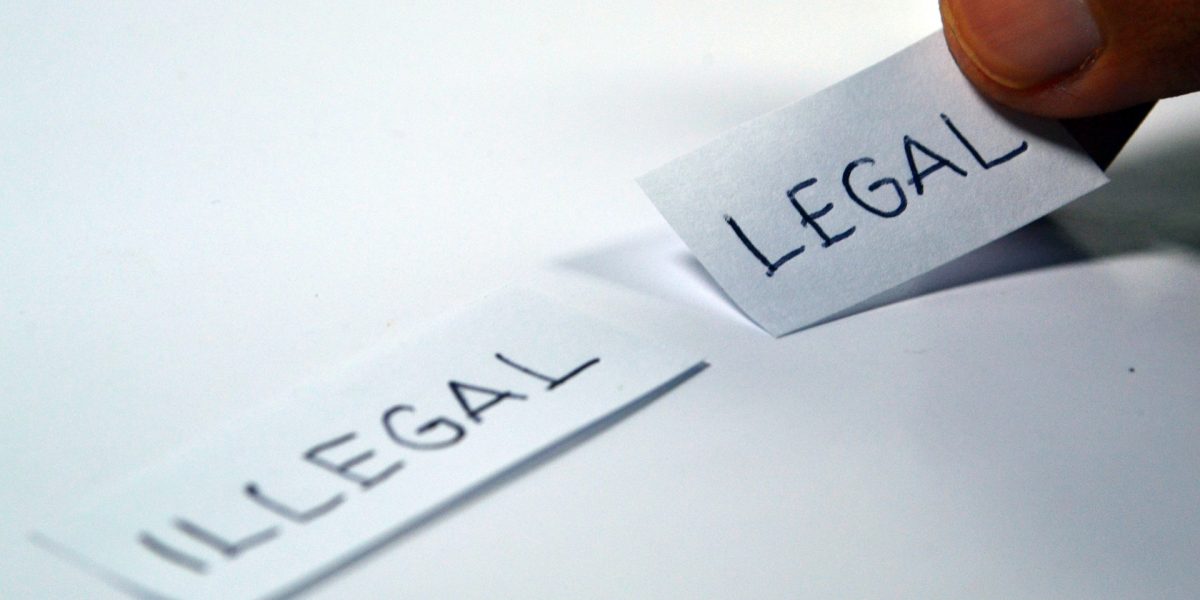Bitcoin blenders are handling many billions every year and keeping in mind that they are not unlawful, a sizable piece of the assets are from illegal exercises.
The clients guarantee that blenders offer security, yet law requirement offices are becoming worried that they empower crooks to wash messy assets.
Are Bitcoin blenders illicit (and would it be advisable for them to be)? This has been one of the issues that are causing a few law implementation offices extraordinary worry lately. The advocates say all they offer is protection, yet how much should this security hold? Cyclone Cash, specifically, is the best worry for specialists and as it processes a huge number of dollars a year, there's proof binds it to probably the greatest crypto violations of late years.
Protection versus security - the Bitcoin blenders puzzle
Fourteen days prior, Crypto.com detailed going through security breaks in which it lost about $15 million (however a few specialists say it was over two times that). Days after the fact, security firm Peck Shield uncovered that the 4,600 Ether taken was being washed through Tornado Cash, in clusters of 100 ETH.
Furthermore, this wasn't the main time the Defi blender, which is based on Ethereum, was attached to tax evasion. Last month, specialists say that programmers utilized the assistance to wash the $196 million they took from Bitmart trade.
All in all, is Tornado Cash being agreeable in wrongdoing? Does it take an interest in tax evasion? Is the help it offers illicit?
The response - it's convoluted.
For one's purposes, Tornado Cash is a mechanized stage that depends on shrewd agreements to execute exchanges. Prime supporter Roman Semenov conceded so a lot, telling CoinDesk:
There isn't a lot we can do as far as aiding examinations on the grounds that the group doesn't have a lot of command over the convention. Every one of the organizations, convention changes, and significant choices are made by the local area by means of Tornado Governance DAO and arrangement functions.
Roman is pleased with the convention's decentralized nature, saying he planned it thusly "to be relentless, in light of the fact that it wouldn't appear to be legit if some outsider [like developers]would have command over it. This would be equivalent to assuming somebody had command over Bitcoin or Ethereum."
And afterward, there's the subsequent admonition - the assistance just offers a possibility for clients to make their Bitcoin exchanges more private, on paper. Security, in itself, isn't illicit.
On the whole, how does a Bitcoin blender work? Indeed, it takes BTC from various clients, places it in a private pool, mixes it up, and afterward parts it and sends it to the proprietors. In this manner, it separates the way on the blockchain that a few specific coins had followed. Everything we can see currently is that Bob sent BTC to a blender, as did others. It then, at that point, shows that Alice got BTC from a blender, as did others.
Charge Callahan, a resigned Drug Enforcement Agency specialist doesn't really accept that Tornado Cash participates in tax evasion.
"Is Tornado Cash laundering cash? They are absolutely jumbling it. Be that as it may, I'd be cautious with the term illegal tax avoidance," he said in a meeting.
Assuming Tornado Cash realizes who kept the cash and who took it out, that is not tax evasion.
How treats government contemplate Bitcoin blenders?
The contention is soundly on security and how much it very well may be permitted without the public authority becoming concerned.
Victor Fang, the CEO of Anchain.AI, a blockchain investigation firm, expressed:
Protection isn't criminal yet crooks are looking for these security arrangements. This is a hint of something larger, the start of things to come we will see work out.
To improve the image of why blenders are turning out to be a major concern, it's vital to take note that Tornado Cash without help from anyone else took care of $10 billion last year alone. We realize that about $220 million was attached to wrongdoing, explicitly Bitmart and Crypto.com, yet what might be said about the rest? Would it be able to have been honest clients who simply needed to muddle their crypto and are simple protection addicts? Or then again is Tornado Cash simply a tax criminals' safe house?

Stephen Sargeant, the AML master working with Bitfinex trade says that blenders, and particularly Tornado Cash, are a hoodlums' lair.
I don't think there are that numerous protection cognizant individuals that can place through $10 billion in volume in such a brief timeframe.
Twister Cash organizer Roman clashes. As indicated by him, crypto extremely rich people have become progressively worried about their security and need to keep their reserves hidden.
Since all their crypto portfolio is apparent to people in general, the holders of huge measures of crypto are entirely helpless against becoming casualties of abducting, torment and shakedown. [… ] The banks don't unveil your own property to any individual who asks, and we figure it ought to be the same way with crypto.
How treats government contemplate this? Indeed, very little as far as guidelines for blenders have been given. Nonetheless, we've seen specialists get serious about certain blenders before.

Recollect Helix? It was a dim web BTC blender that the U.S government got serious about and surprisingly captured its administrator Larry Hermon. Larry wound up confessing to tax evasion.
As 2022 disentangles and the public authority takes a quicker interest in crypto, we will undoubtedly see more conclusive guidelines for the area.



You must be logged in to post a comment.